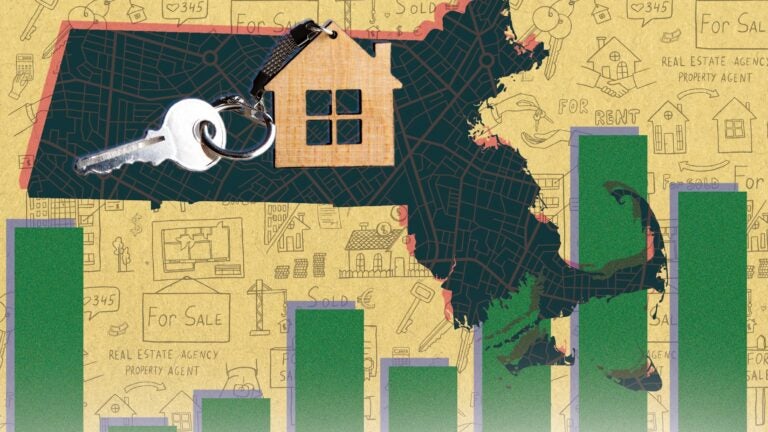D
isparities in housing appraisals have been a significant hurdle in bridging the racial wealth divide, as numerous studies have demonstrated. New Jersey recently took a crucial step towards eliminating discriminatory practices by enacting legislation that updates the Real Estate Appraisal Act to explicitly prohibit appraisers from discriminating against property sellers and buyers based on their personal characteristics such as race, religion, sex, gender identity, sexual orientation, age, marital status, disability, familial status, or immigration status.
Under this new law, appraisers are strictly prohibited from considering personal characteristics of the current or future property owners when determining the value of a property. This legislation was signed into law by Acting Governor Tahesha Way, who emphasized the importance of providing fair and equal treatment to all residents of New Jersey.
This move comes nine months after the state Attorney General's Office launched an initiative that imposed penalties on appraisers found to devalue a home based on protected characteristics under the Law Against Discrimination. With this new law, property owners will have more options to seek remedies if they believe they have faced discrimination. The enforcement of this law will be carried out by the Appraisal Qualifications Board within the state’s consumer affairs division.
In addition to this, real estate appraisers will be required to complete a fair housing and appraisal bias education course offered by the board. Advocacy groups celebrated this new law as a significant step towards helping Black and brown families fully benefit from homeownership and generational wealth.
According to multiple studies, homes in majority-Black communities are often undervalued. A study conducted by the Brookings Institution in 2022 revealed that homes in Black neighborhoods are valued 21% to 23% lower than those in non-Black neighborhoods. Bias in the appraisal process is one of the reasons for this discrepancy, along with systemic bias against Black neighborhoods from buyers in the housing market, the study states.
The legislation was passed by the Senate with a vote of 26-10 in May and by the Assembly with a vote of 65-10 in June. Sen. Declan O’Scanlon (R-Monmouth) was one of the few who voted against the bill, arguing that appraisers have no personal stake in the outcome of their assessments.
O’Scanlon maintained that the real estate market, not appraisers, determines how much a home is worth. He expressed concern that the new law could lead to overvaluation of homes, which could be detrimental to the market, the mortgage industry, and banks. Furthermore, he argued that the law could cause appraisers to avoid certain neighborhoods out of fear of being labeled as racist.
In conclusion, this new legislation is a significant step towards addressing discriminatory practices in housing appraisals and bridging the racial wealth divide.














